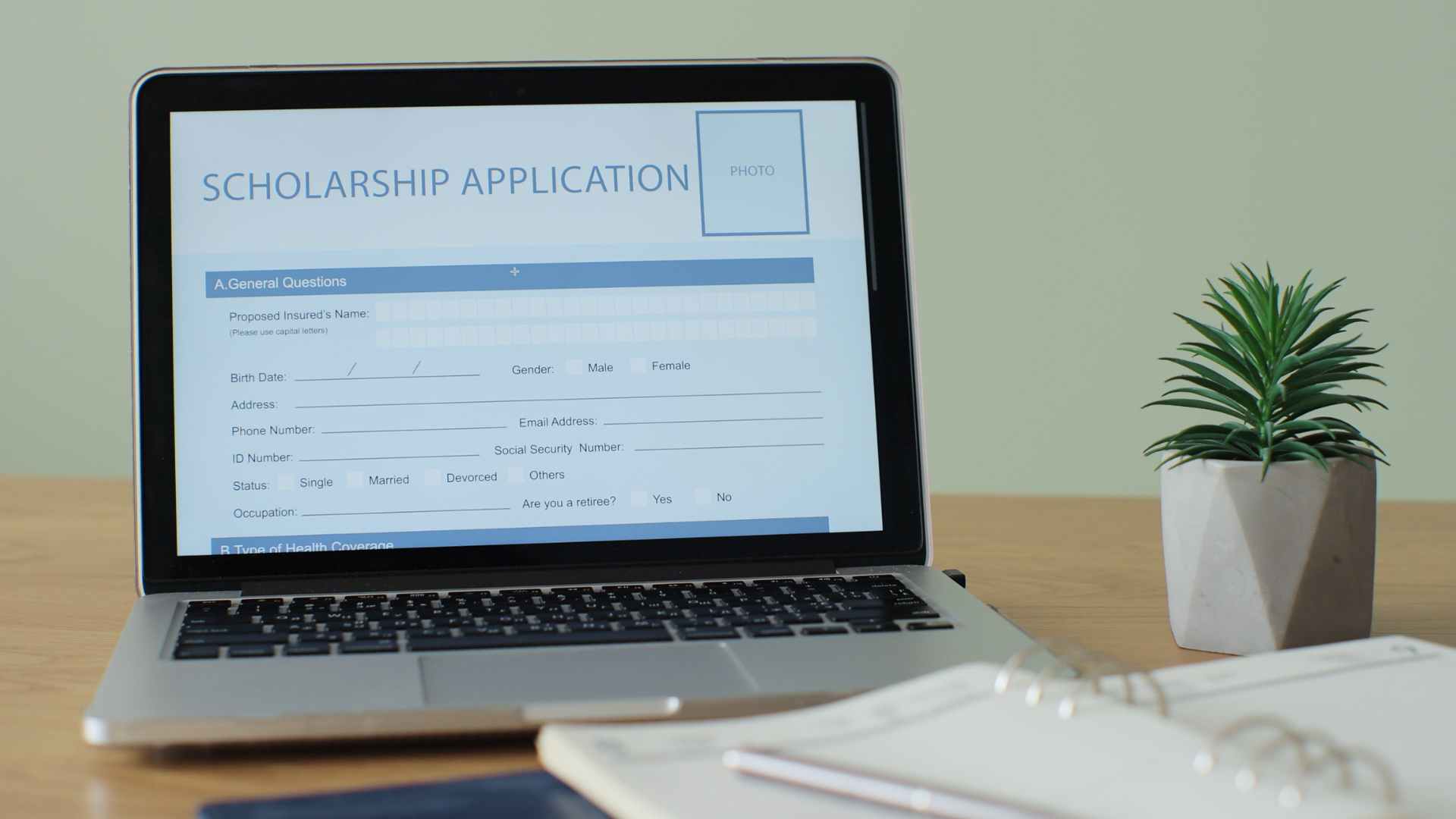A business willing to hire a workforce from outside the UK must obtain a Sponsor Licence. To apply for a Sponsor licence to hire under any category, businesses need to complete the application process and pay the relevant fees.
To ensure the approval of your application, you need to get into the details of all the requirements, including the roles they are hiring for, the relevant skills and experience the
The Home Office will only grant a sponsor licence to an organisation that can show the roles they are recruiting for and that the workers they intend to sponsor meet the requirements. The organisation must also have HR systems that comply with onerous sponsorship compliance duties.
There are several categories of Sponsored work visas under the UK immigration system:
-
Skilled Worker Visa
-
Global Business Mobility
-
Temporary Worker Visa
-
Healthcare worker visa
Each type of visa needs to be sponsored by an employer holding a licence.
To hire under any of the above categories, the employer needs to apply to the United Kingdom Visa & Immigration, also named the Home Office, for a Sponsor Licence.
The businesses can hire overseas workers after getting a licence from the home office. This licence can only be obtained by businesses, not an individual.
Guidelines
To stop illicit employment and the abuse of the immigration system, the Home Office relies on the sponsoring policy. You consent to take on specific compliance obligations as a sponsor licence holder, subjecting your company to Home Office inspection.
The following is ensured under the sponsorship policy:
-
All of the compliance obligations that must be met when sponsoring migrant workers are being met by the sponsor.
-
Sponsored employees have the qualifications, abilities, and language proficiency to meet the points requirements.
-
The sponsored positions satisfy skill level, pay, and sincerity standards.
Failure to comply with the obligations may result in enforcement action, such as severe penalties or licence revocation, which would cause your visa workers to lose their jobs and benefits.
Types of Sponsor Licences
As per the current updates, there are two types of Sponsor licences- Workers’ employment and Temporary Worker.
The routes that come under the Worker’s categories are:
-
Skilled Worker Visa
-
Global Business Mobility Visa
-
International Sportsperson
-
Minister of Religion
And the temporary workers have the following routes:
-
Charity Worker
-
Creative Worker
-
Religious Worker
-
Scale-up Worker
-
Government Authorised Exchange
-
Seasonal Worker
-
UK Expansion Worker
There are different eligibility requirements and duties for different visa routes. Connecting with experts and getting their assistance can help you understand and complete the overall process smoothly. A Y & J Solicitors is a reputed law firm that helps people with immigration cases.
Eligibility Criteria
The Home Office includes an application process to examine the employer’s eligibility criteria. A team of Specialists at the Home office looks into the applications for Sponsorship.
The criteria don’t have any limitations related to the type and size of the organisation applying for a licence. The main concern is that the organisation must fulfil all the eligibility and suitability criteria for the chosen category. Failure to meet the criteria or any casualties will not be entertained, and the application will get refused.
-
The business must be genuine and follow all legal laws in the UK. The business must be registered in the UK as per its type. There is no hard and fast rule on the duration of the operation. Still, there must be a UK resident associated with the business who can be available to liaise with the Home office whenever it is required.
-
The business needs to be UK-based and trade and operate there. Even if the business doesn’t have an office in the UK but operates a virtual business, it can still apply for a licence fulfilling all the required criteria.
-
A potential sponsor must advertise an actual position that matches the requirements for skilled workers. To clarify the precise nature of the post and its responsibilities and to ensure that the role genuinely exists, the Home Office may ask for more information. Exaggerated job descriptions that don’t match the required skill level may make people wonder if the position is open.
-
It must have the HR and recruitment procedures in place to fulfil the sponsor’s obligations and responsibilities and provide proof of that fulfilment.
-
Sponsors need to be “honest, dependable and reliable. This indicates that neither the organisation nor its owners, directors, or senior executives have any pending criminal convictions.
-
Any sponsor activity shouldn’t pose a risk to immigration.
-
If applicable, the business type operated at the trading address has the required planning approval or Local Planning Authority authorisation.
Genuineness Test
It is best to approach the authenticity test as a business case. The Home Office will want to know why you need to sponsor a foreign national for the position and why you need a sponsor licence. The application will pass the authenticity test if you can provide compelling business justifications for why you require a licence and a certain function.
When your organisation submits an application for a sponsor licence, when a licence compliance visit takes place, or when you ask for a Certificate of Sponsorship, the authenticity test may be used at any point during the validity of your sponsor licence. The same standards apply in every situation.


